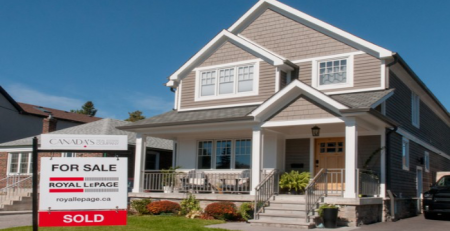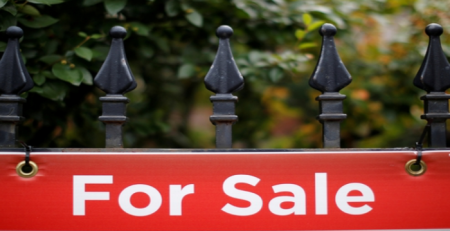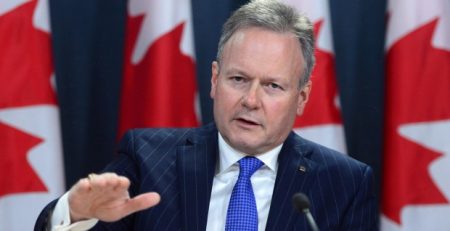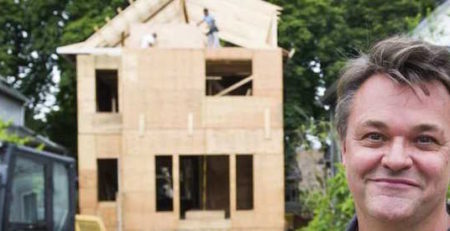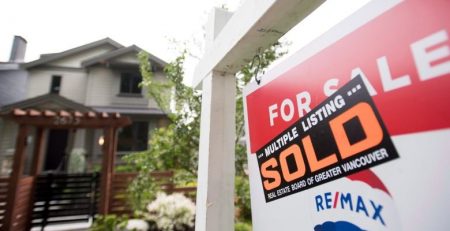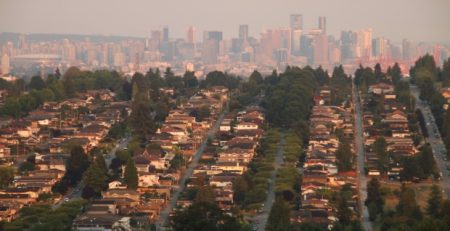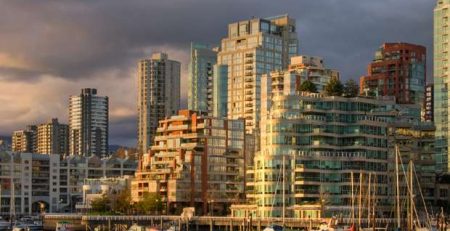Toronto, Vancouver among biggest property bubbles in the world, UBS says
9 years salary to buy a house in Vancouver, more than 6 in Toronto
Swiss investment bank UBS has deemed Toronto and Vancouver to have among the world’s biggest housing bubbles, with mispricing that’s even more pronounced than it is in expensive cities like Paris and San Francisco.
In an annual report published Thursday, the Swiss bank looked at 20 cities around the world that are considered to be financial centres, local metropolises that are hubs for their regional economies. The list includes familiar names such as Tokyo, New York, Sydney, Singapore and others, and for the most part, all the cities on the list share one thing in common — the cost of living is higher there than it is in other nearby places.
Some cities were worse for renters and others presented particular challenges for foreigners. In terms of overall housing prices being far more than they should be based on fundamentals, the bank singled out six cities for having worse housing bubbles than anywhere else:
- Hong Kong
- Munich
- Toronto
- Vancouver
- London
- Amsterdam
Using data about local salaries, housing prices, rental markets, mortgage debt and other metrics, the bank looked at 20 of the biggest housing markets and gave each city a score. A score below –1.5 is considered to be a depressed market, while a score in a range of between –1.5 to –0.5 is considered undervalued. Fairly valued to UBS is between –0.5 and 0.5, while overvalued is up to 1.5. Anything above 1.5 is considered to be a bubble, which the bank defines as ” a substantial and sustained mispricing of an asset, the existence of which cannot be proved unless it bursts.”
Vancouver scored a 1.92. Toronto was even higher, at 1.95.
That’s not as bad as Hong Kong, which topped the list with a score of 2.03. But both Canadian cities are solidly in the range where the bank considers them to be among the most overvalued housing markets in the world.
Over the past five years, UBS says housing markets in the world’s biggest cities have gone up on average by about 35 per cent. Vancouver has gone up by twice that. Toronto is up by 50 per cent.
The bank says a new foreign buyers tax implemented in 2017 “proved futile in braking its boom” in Vancouver as after a brief pause, the city’s housing market has continued to rise. By the bank’s calculations, the sale price for a 675-square-foot apartment near downtown would cost a highly skilled service worker nine years in salary to afford. And even that assumption is based on the impossible premise that they could spend 100 per cent of their income on their home.
A recent slowdown in Toronto has made the city marginally more affordable for affluent people. But a 675-square-foot apartment in downtown Toronto would cost a highly skilled service worker more than six years in salary to afford.
“Price dynamics have slowed considerably and its index score declined somewhat from last year’s,” the bank said.
The bank also said “rising rates, stricter market regulations or an economic downturn could turn the lights out on the party given the high valuations and strained affordability.”
High prices for housing have trickled down into the rental market, too, but even then there’s ominous clouds on the horizon.
Based on the bank’s calculations, anyone buying housing in Toronto as an investment property would have to rent it out for 25 years to break even, based on current rates. In Vancouver, it would take even longer — up to 34 years.
“Investors anticipate being compensated with capital gains for overly low rental yields,” UBS said. “If such hopes do not materialize and expectations deteriorate, homeowners in markets with high price-to-rent multiples are likely to suffer significant capital losses.”



